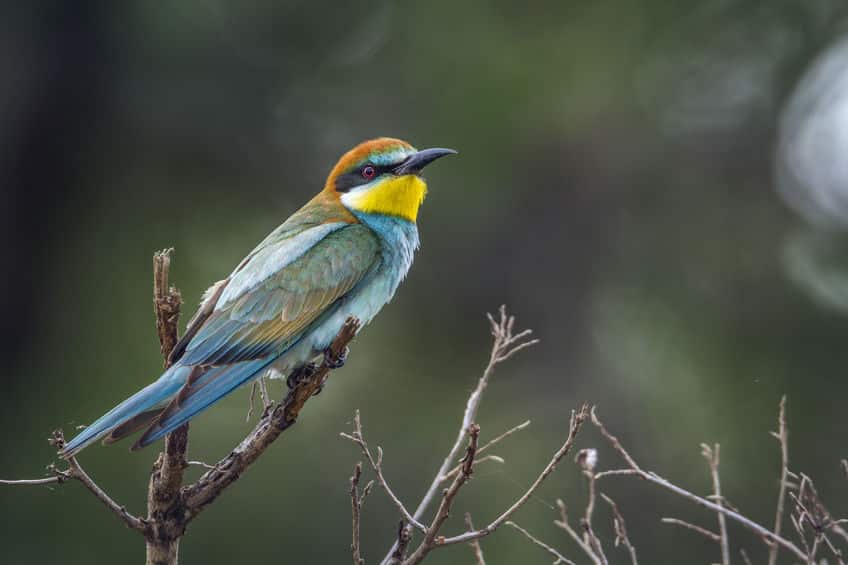By Sean Zucker –
There’s a global pandemic, all-time high unemployment rates and widespread social unrest. It’s fair to assume people in general aren’t brimming with happiness. Of course, it is probably safe to assume that a lot of these troubled souls would take whatever mood booster they can find. Ironically, one uplifting antidote to the blues may actually come on wings. A new study, in fact, finds birds may be the perfect way to increase happiness levels, giving a whole to meaning to the old saying “happy as a bird.”
The study, courtesy of the German Center for Integrative Biodiversity Research, claims that greater bird diversity brings greater joy to people in surrounding areas. Published in Ecological Economics, the research focused on European residents and discovered that their happiness rose with the level of bird species in their area.
“Europeans are particularly satisfied with their lives if their immediate surroundings host a high species diversity,” explains Joel Methorst, the study’s lead author and doctoral researcher at the Senckenberg Biodiversity and Climate Research Centre. “According to our findings, the happiest Europeans are those who can experience numerous different bird species in their daily life, or who live in near-natural surroundings that are home to many species.”
The research team utilized data from the 2012 European quality of life survey to determine a connection between species diversity in individuals’ surroundings and their overall life satisfaction rates. They examined responses from more than 26,000 adults in over 26 European countries. Species diversity was measured based on the diversity of avian species, as presented in the European breeding bird atlas.
Given the unique pandemic challenges, the study indicates activities in nature are currently a popular and distinctively beneficial diversion. It notes, on a smaller scale, the positive impact of a diverse nature experience has already been well-documented by other scientific findings.
So why birds? “Birds are well-suited as indicators of biological diversity, since they are among the most visible elements of the animate nature — particularly in urban areas. Moreover, their song can often be heard even if the bird itself is not visible, and most birds are popular and people like to watch them,” the study notes. Additionally, larger numbers of bird species flock to areas with high percentages of near-neutral and wide-ranging landscapes that hold various greenspaces and bodies of water.
But possibly the most significant influence a diverse bird network has is on its local economy. The German Center for Integrative Biodiversity Research, for example, looked at socio-economic data and found a startling correlation. Areas with greater bird diversity usually also host individuals with higher average incomes. In fact, it reports that vicinities that have at least fourteen additional bird species on average see their human households raking in an extra 124 Euros per month, based on an average monthly income of 1,237 Euros. Green Matters adds that 124 Euros amounts to an average annual European pay raise.
Unfortunately, it seems the largest hurdle towards people indulging in these winged assistants is themselves. “The Global Assessment 2019 by the World Biodiversity Council IPBES and studies of avian species in agricultural landscapes in Europe clearly show that the biological diversity is currently undergoing a dramatic decline,” Methorst warned. “This poses the risk that human well-being will also suffer from an impoverished nature. Nature conservation therefore not only ensures our material basis of life, but it also constitutes an investment in the well-being of us all.”













